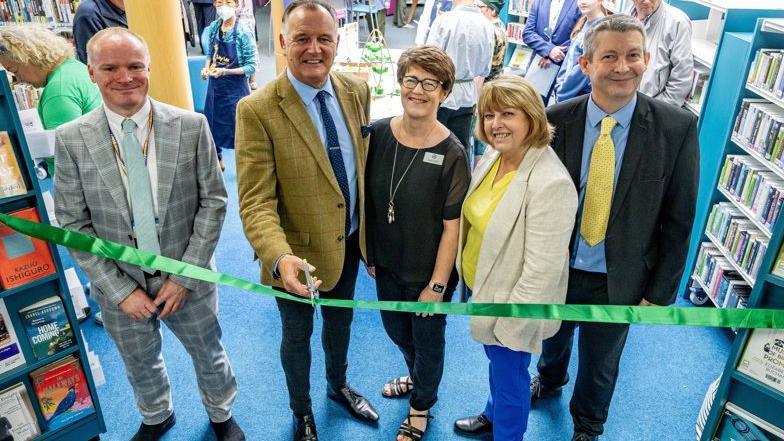Campaigners oppose offshore windfarm substation plans
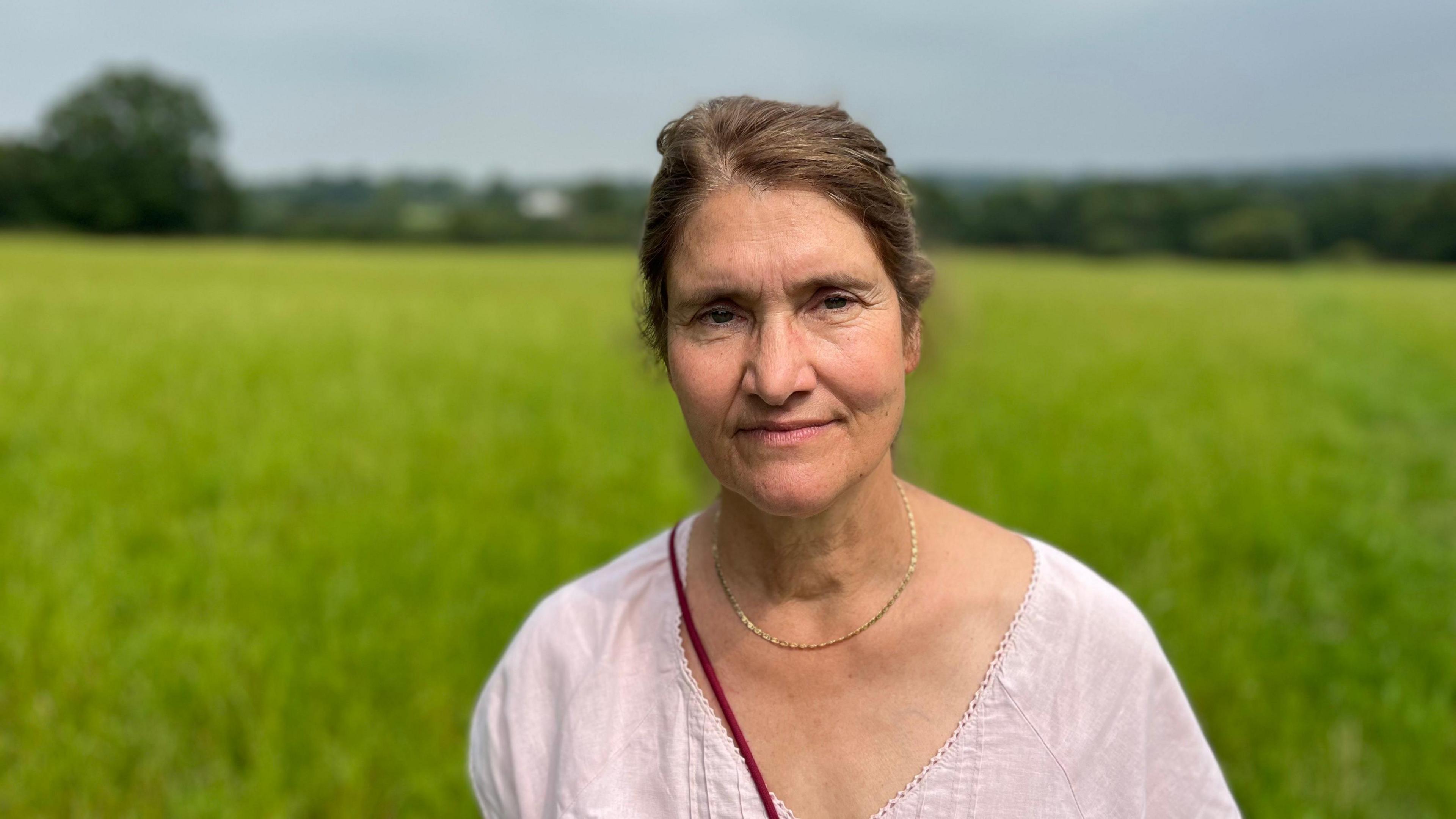
Campaigner Meera Smethurst said the site developers have chosen is "incomprehensible"
- Published
Campaigners have opposed plans to build part of a windfarm in their village, claiming it would "devastate the environment".
The Rampion 2 project team said the site chosen for its onshore electricity substation was in Bolney Road and Kent Street, in Cowfold, West Sussex.
Rampion told the BBC it has minimised the impact of the project, which is yet to get the go-ahead from the Planning Inspectorate.
It said the windfarm will generate enough renewable energy to power more than one million homes, external and reduce carbon emissions by 1.8 million tonnes per year.
"We are not against green energy," said Meera Smethurst from the campaign group Cowfold v Rampion.
She claimed locals had not been properly consulted about plans for the 12-acre facility near their village.
She said it would lead to increased traffic and congestion on nearby roads during its years-long construction.
'Advantages outweigh disadvantages'
A Rampion spokesperson said they had gone through a "comprehensive process of identifying issues, assessing impacts and proposing mitigations."
They said individuals and organisations have been provided the opportunity to express their views across a range of issues to the Planning Inspectorate, which will make its recommendation in 2025.
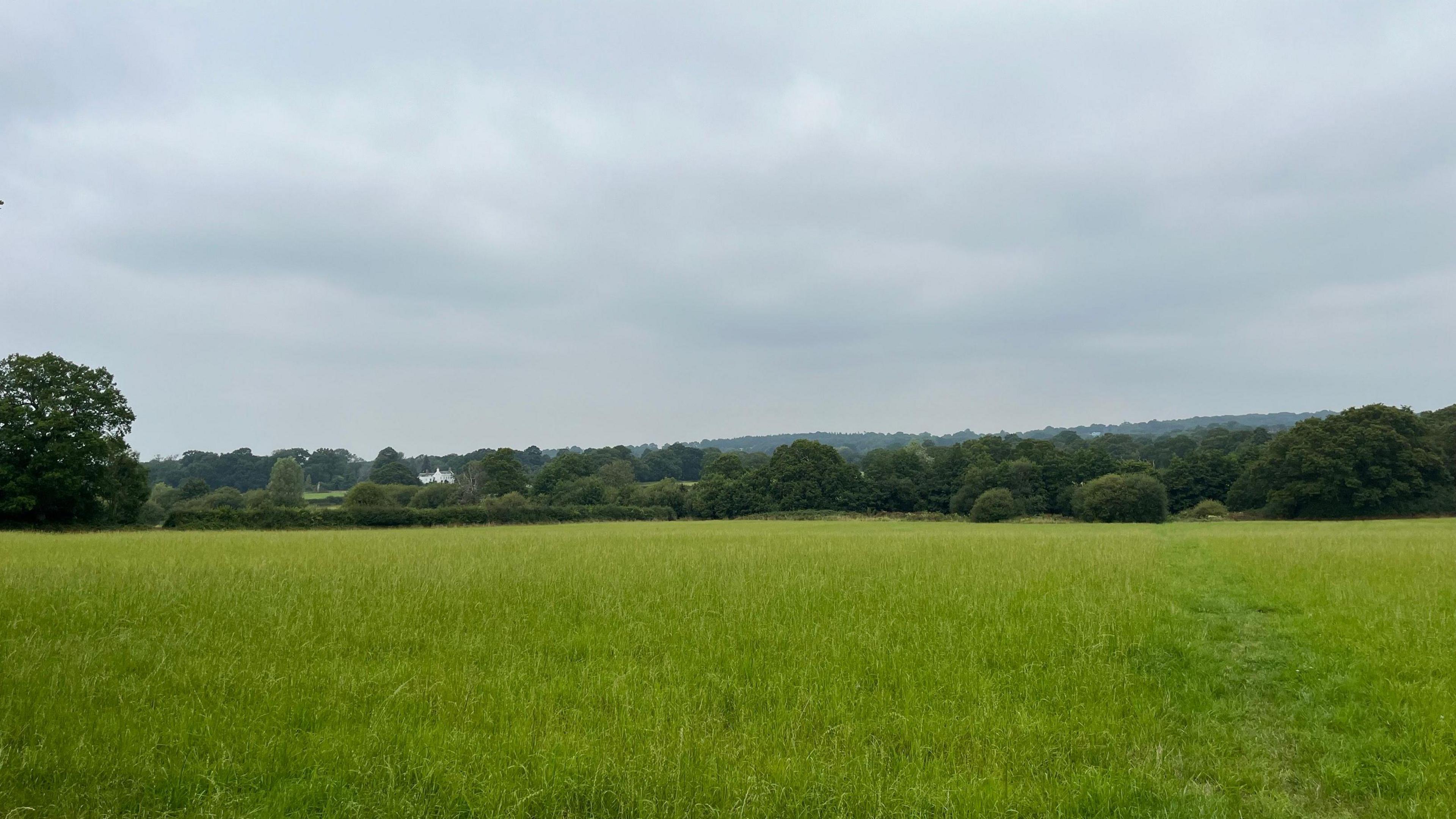
Campaigners are worried local businesses could be affected
Rampion said a survey, external by Yonder consulting in 2022 found that 84% of locals think the advantages of the proposed windfarm outweigh any disadvantages.
It said 82% support the project "principally".
But campaigners said the project's impact - which will involve widening roads - was not limited to humans.
"The biggest issue is ecological destruction," said Ms Smethurst.
She claimed building the site and laying cables from the offshore windfarm would lead to the destruction of 100s of trees - including ancient oaks - and natural habitats for birds, mammals and reptiles.
She said: "You cant solve the energy crisis by destroying wildlife. Nature is irreplaceable."
'Clean power'
In a statement, Rampion said the Cowfold site had been selected because it was "better overall from an engineering and environmental perspective".
"All the cables would be buried underground so this would be a temporary impact during construction, as the project is committed to reinstate the land back to its former condition as soon as possible after the works," it added.
Rampion 2 is an expansion on the existing windfarm near Brighton which opened in 2018.
If approved, it would double its size of the with an extra 90 turbines connected by more than 20 miles of cabling from Clymping Beach to the new proposed substation in Cowfold.
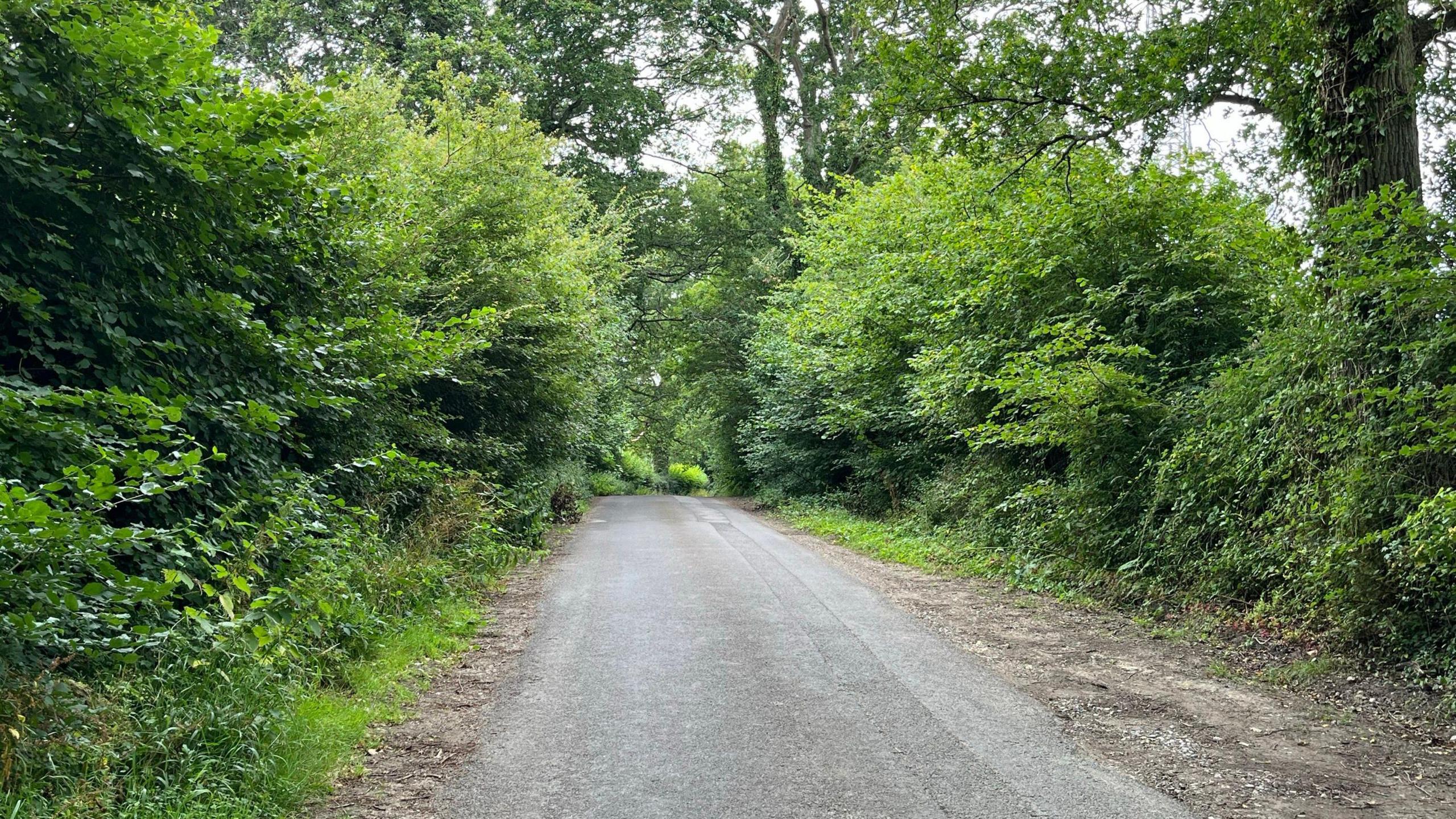
Campaigners said local roads would need to be widened for HGVs to access
West Sussex County Council told the BBC it was a consultee in the planning process, but had "no control" over whether consent should be granted.
A Department for Energy Security and Net Zero spokesperson said: “Our mission is for clean power by 2030, because getting clean, homegrown energy is the way to bring greater energy independence.
“Securing Britain's clean energy future requires improving outdated infrastructure to get renewable electricity on the grid and unleash its true potential.
“It is also important we listen to people’s concerns, and where communities live near clean energy infrastructure, they should benefit directly from it.”
Follow BBC Sussex on Facebook, external, on X, external, and on Instagram, external. Send your story ideas to southeasttoday@bbc.co.uk, external or WhatsApp us on 08081 002250.
Related topics
Related stories
- Published22 May 2024
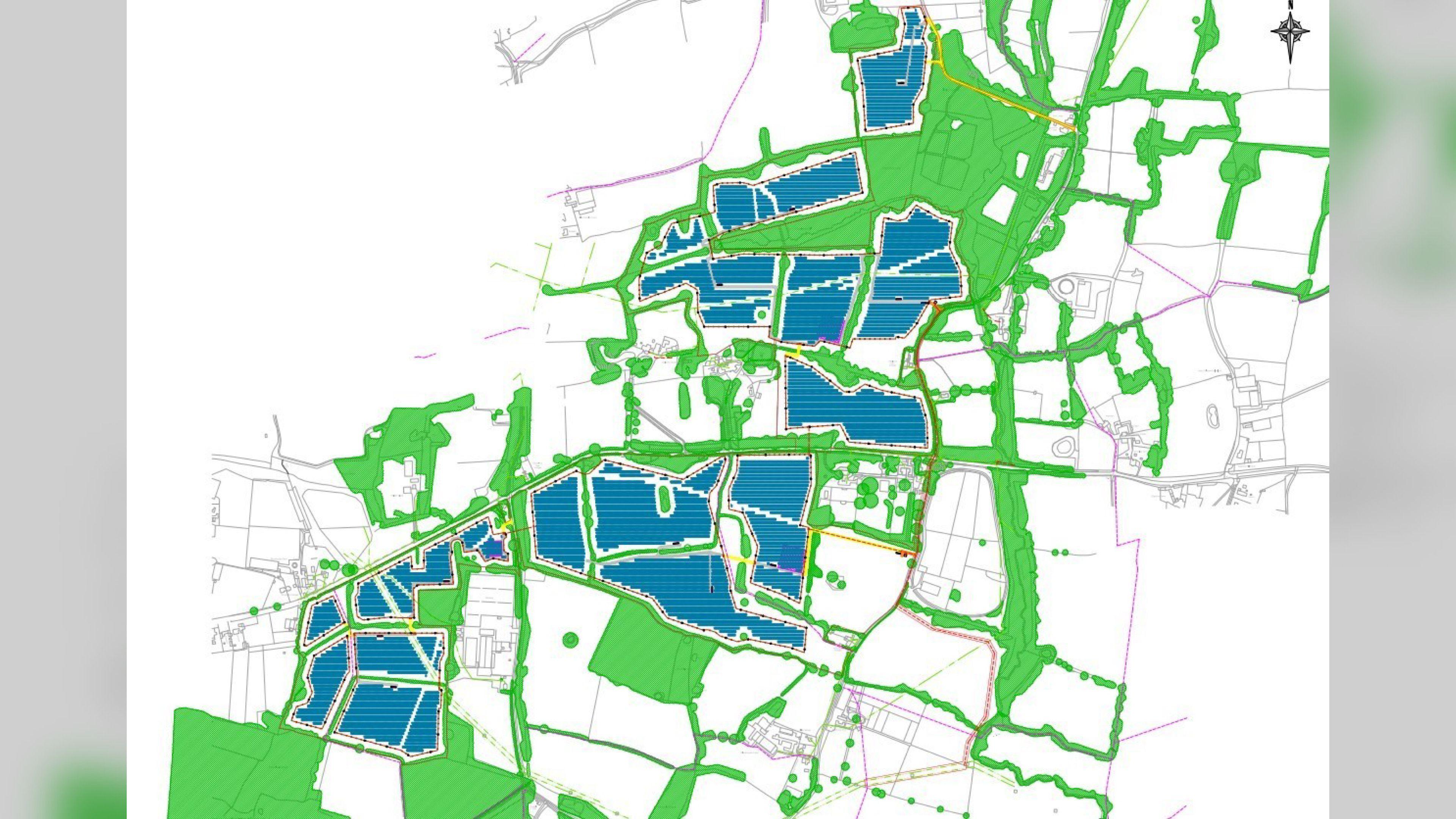
- Published23 July 2024
